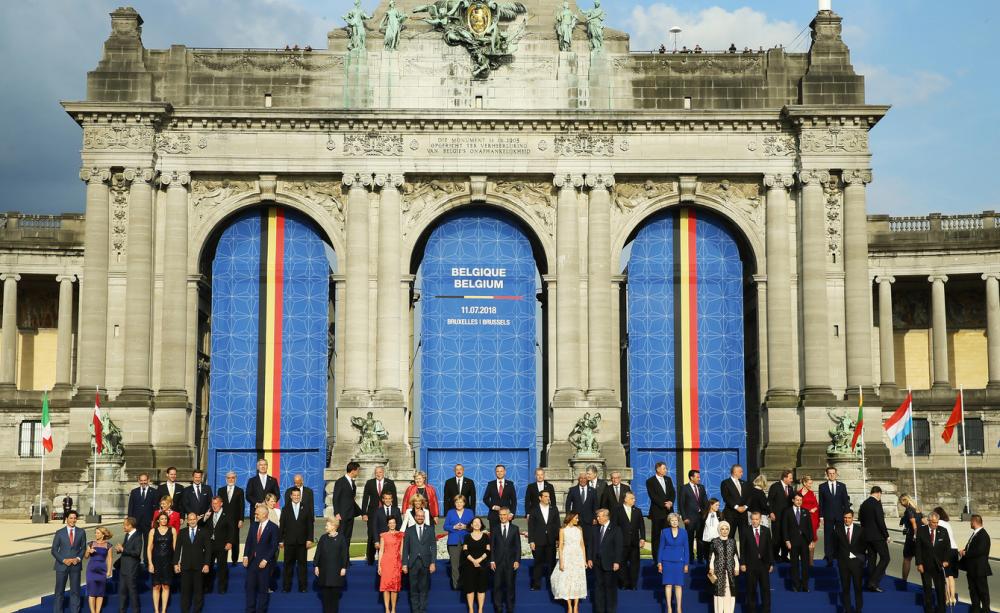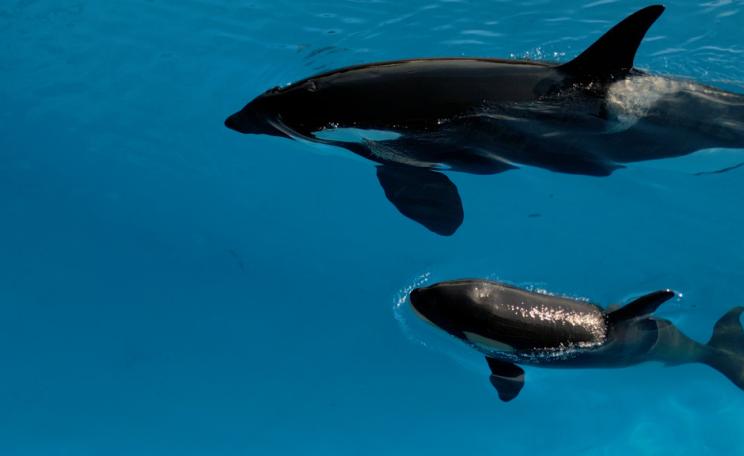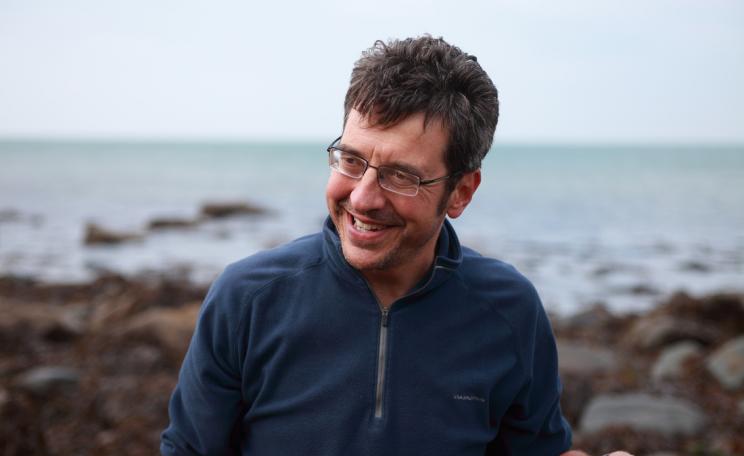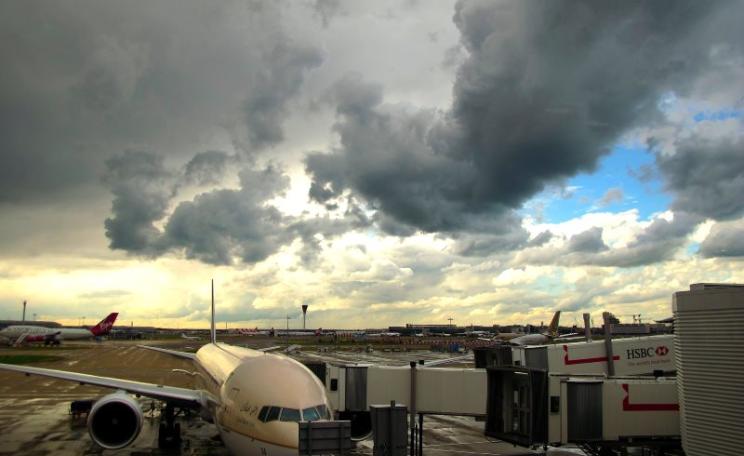States are realising that an enforceable deterrent against mass destruction of ecosystems is required.
The coalition government in Brussels has at last reached its final form, following long deliberations - 493 days - since last year's elections.
The new government has set out its programme for the next four years. Significant among their pledges is a strong move towards recognising a crime of ecocide both internationally and in domestic legislation.
Echoing the French president Emmanuel Macron’s declaration from June this year, the new government has pledged, concerning domestic law, that “experts will be called to advise on the inclusion of ecocide in the new penal code”. At the international level, the government has made a strong commitment to “research and take diplomatic initiatives aimed at halting the crime of ecocide, which is to say the conscious destruction of ecosystems”.
Protection
The pledges follow Green (Ecolo) MP Samuel Cogolati’s proposal in July that the government support the initiative of Vanuatu and the Maldives, which both called last year for serious consideration of amending the International Criminal Court’s Rome Statute to include ecocide.
Cogolati is pleased with the government’s commitment, underlining the urgency of the global situation: “We must protect nature and future generations in much stronger, more enforceable ways... Because without water, without forests, without clean air, we cannot survive on Earth. The planet is our common home. It’s time for criminal law to urgently come to the rescue.”
Jojo Mehta, co-founder of Stop Ecocide International and chair of the Stop Ecocide Foundation said: “This is hugely encouraging and timely news. States are realising that an enforceable deterrent against mass destruction of ecosystems is required, and supporting ecocide as an international crime would also add real weight to the Leaders Pledge for Nature signed by over 70 Heads of State earlier this week.”
Ecocide
So what exactly does “ecocide” refer to? Mehta explains: “Our working definition is in essence mass damage and destruction of ecosystems, committed with knowledge of the risks.
"An expert panel of international criminal lawyers, advised by top climate and environmental scientists, is currently being convened by the Stop Ecocide Foundation. The panel’s remit is to draft a clear and legally robust definition which can be considered for proposal by states at the International Criminal Court. A full list of panel members will be made available in due course."
There is growing state support for the move to make ecocide an international crime: last December the small island states of Vanuatu and the Maldives called for serious consideration of ecocide crime at the International Criminal Court’s assembly; earlier this year the Swedish workers movement urged Sweden to lead on proposing it; in June President Macron of France promised to champion it on the international stage.
Pope Francis has also stated that he believes ecocide should be added to the list of international crimes; he received Stop Ecocide’s Advisory Board member Valérie Cabanes for an audience recently.
This Article
This article is based on a press release from Stop Ecocide.







